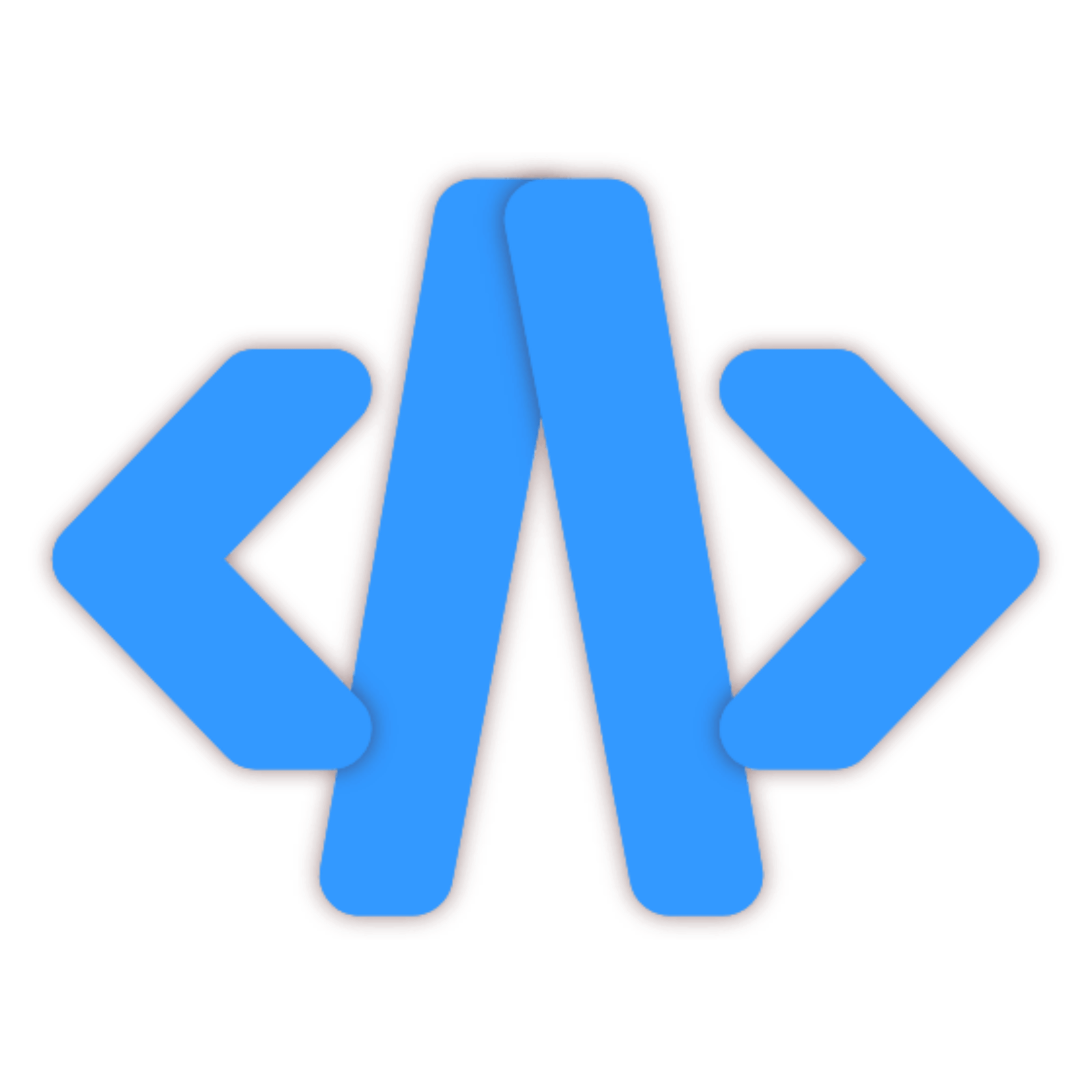Plugin Main File
The main.js(can be of any name but that must be specified in plugin.json) file is the heart of your Acode plugin, serving as the entry point and execution hub when the plugin is loaded. Here we'll explore the essential concept of main.js, focusing on initialization, registration, and cleanup.
For loader behavior and runtime lifecycle details, see Understanding Plugin Lifecycle.
Plugin Initialization
Entry Point for Your Plugin
The main.js file acts as the entry point for your Acode plugin. It is executed upon loading, providing the ideal space to initialize and configure your plugin.
Access to Acode API
Within main.js, you gain access to the Acode API through the global variable acode. This variable serves as your gateway to interact with various Acode methods, enabling seamless integration of your plugin with the editor.
Registering Your Plugin
To register your plugin, utilize the acode.setPluginInit(pluginId: string, init: Function) method. This method requires two parameters:
pluginId:
- The unique identifier for your plugin.
init function:
- The function to be executed when the plugin is loaded.
Upon execution, the init function will receive three parameters:
baseUrl (string):
- The base URL of the plugin, allowing access to files within the plugin directory.
$page (WcPage):
- A page object that facilitates the display of content within Acode.
cache (object):
- An object providing access to cached files, including:
- cacheFileUrl (string):
- URL of the cached file.
- cacheFile (File):
- File object of the cached file, enabling file read/write operations.
- cacheFileUrl (string):
- An object providing access to cached files, including:
Example main.js File
Here's an illustrative example of a main.js file:
acode.setPluginInit('com.example.plugin', (baseUrl, $page, cache) => {
const commands = acode.require("commands");
commands.addCommand({
name: 'example-plugin',
bindKey: { win: 'Ctrl-Alt-E', mac: 'Command-Alt-E' },
exec: () => {
$page.innerHTML = `
<h1>Example Plugin</h1>
<p>This is an example plugin.</p>
`;
$page.show();
},
});
});Plugin Unmount Function
The main.js file must also define an unmount function, which is called when the plugin is unloaded or uninstalled. This function allows you to perform cleanup operations associated with your plugin.
Example Unmount Function
acode.setPluginUnmount('com.example.plugin', () => {
const commands = acode.require("commands");
commands.removeCommand('example-plugin');
});In this example, the unmount function removes the 'example-plugin' command, ensuring that the plugin's impact on Acode is cleanly reverted upon unloading.
TIP
For command registration APIs, see Commands.
TIP
You will not need to write this unmount or initialize functions for your plugin because templates comes with it , just you will need to write your plugin code inside the AcodePlugin class
